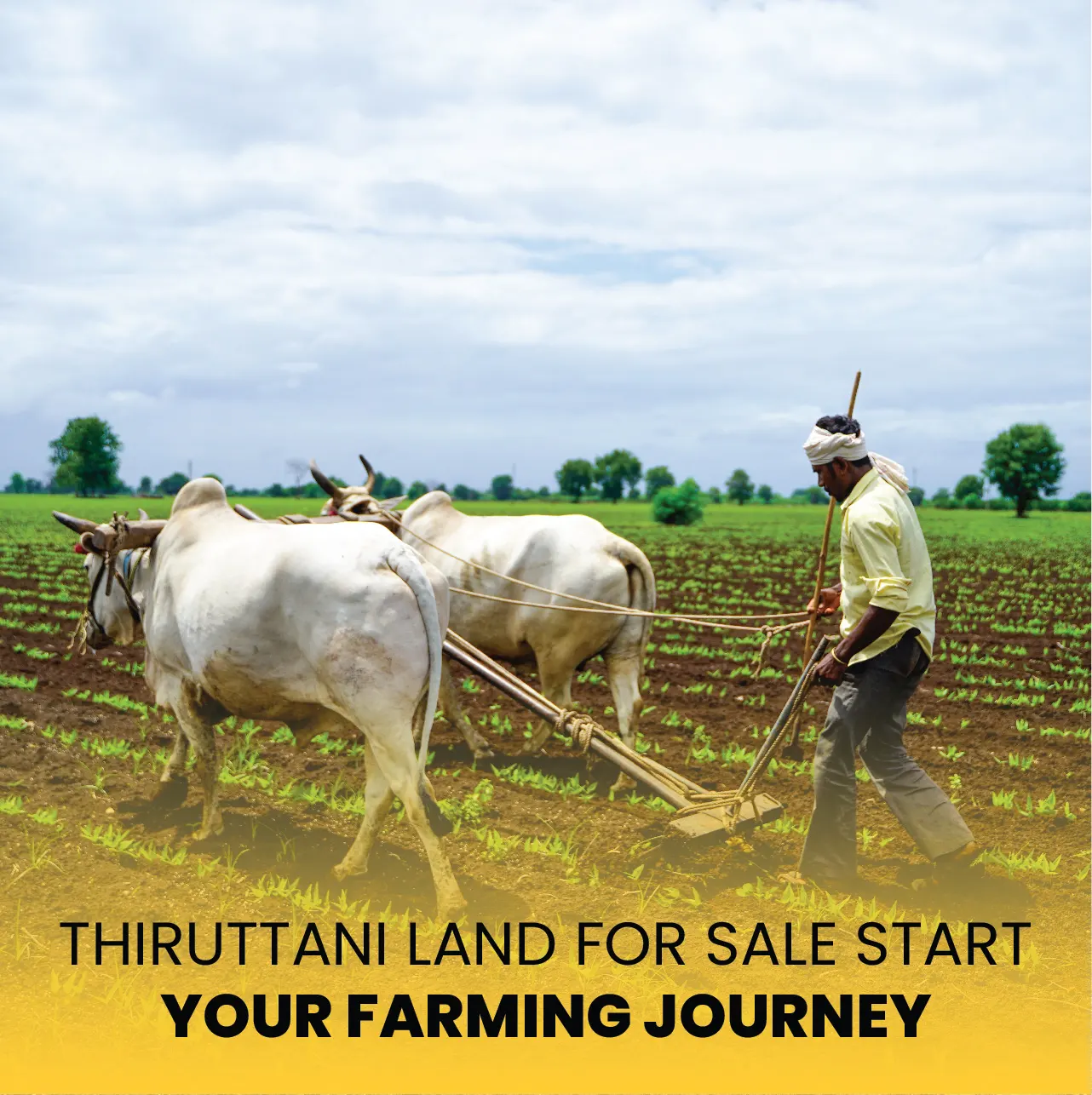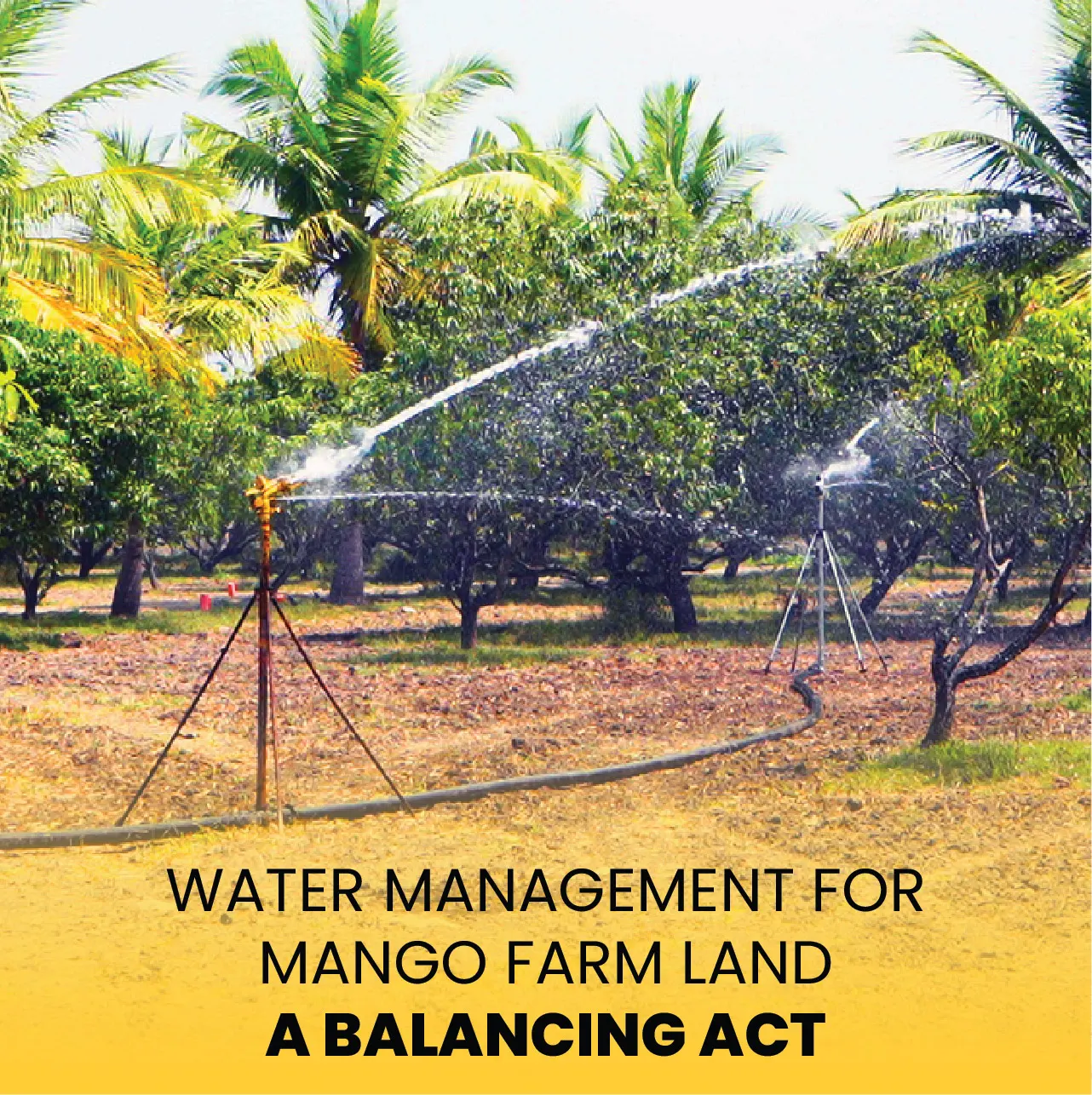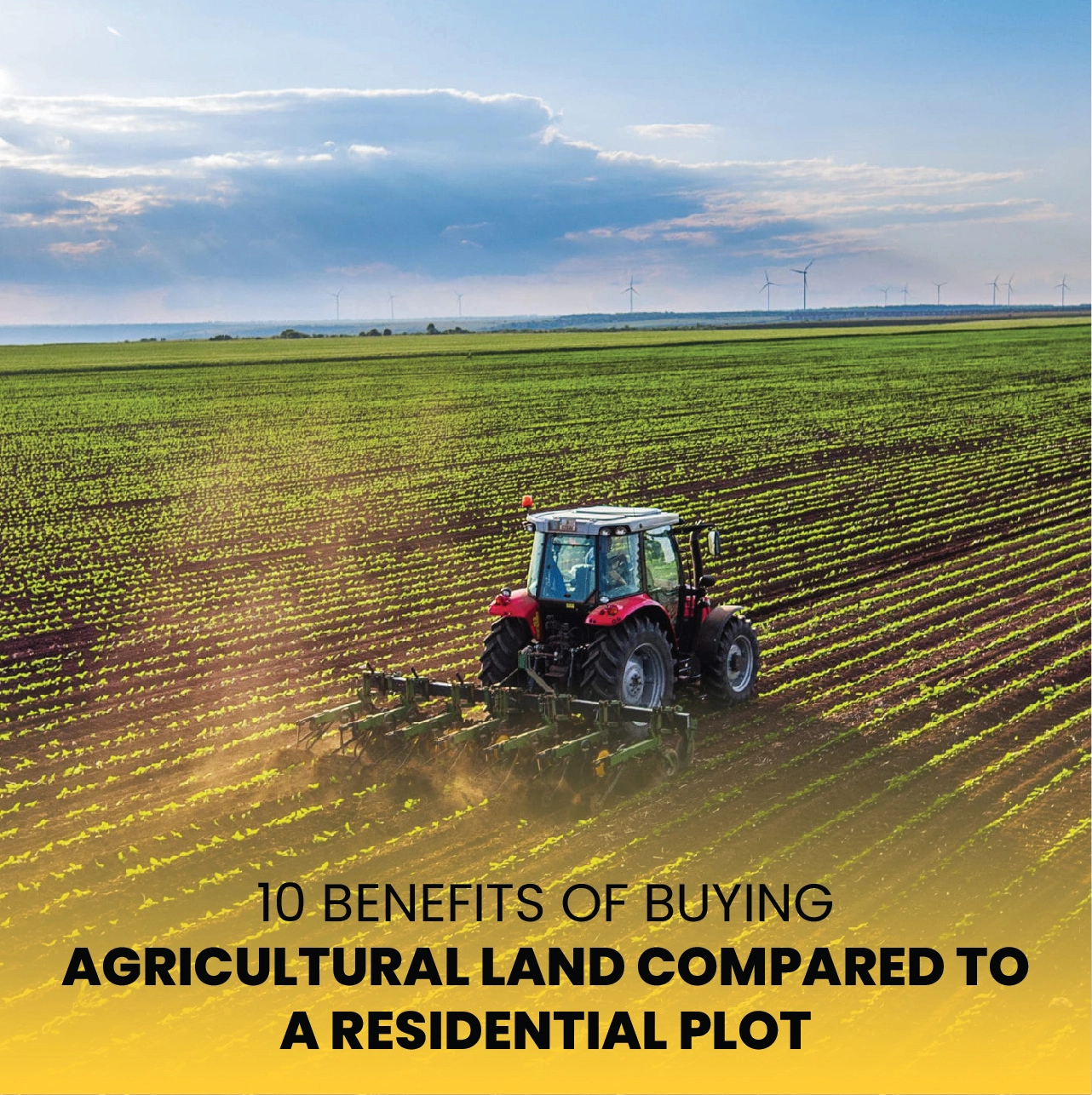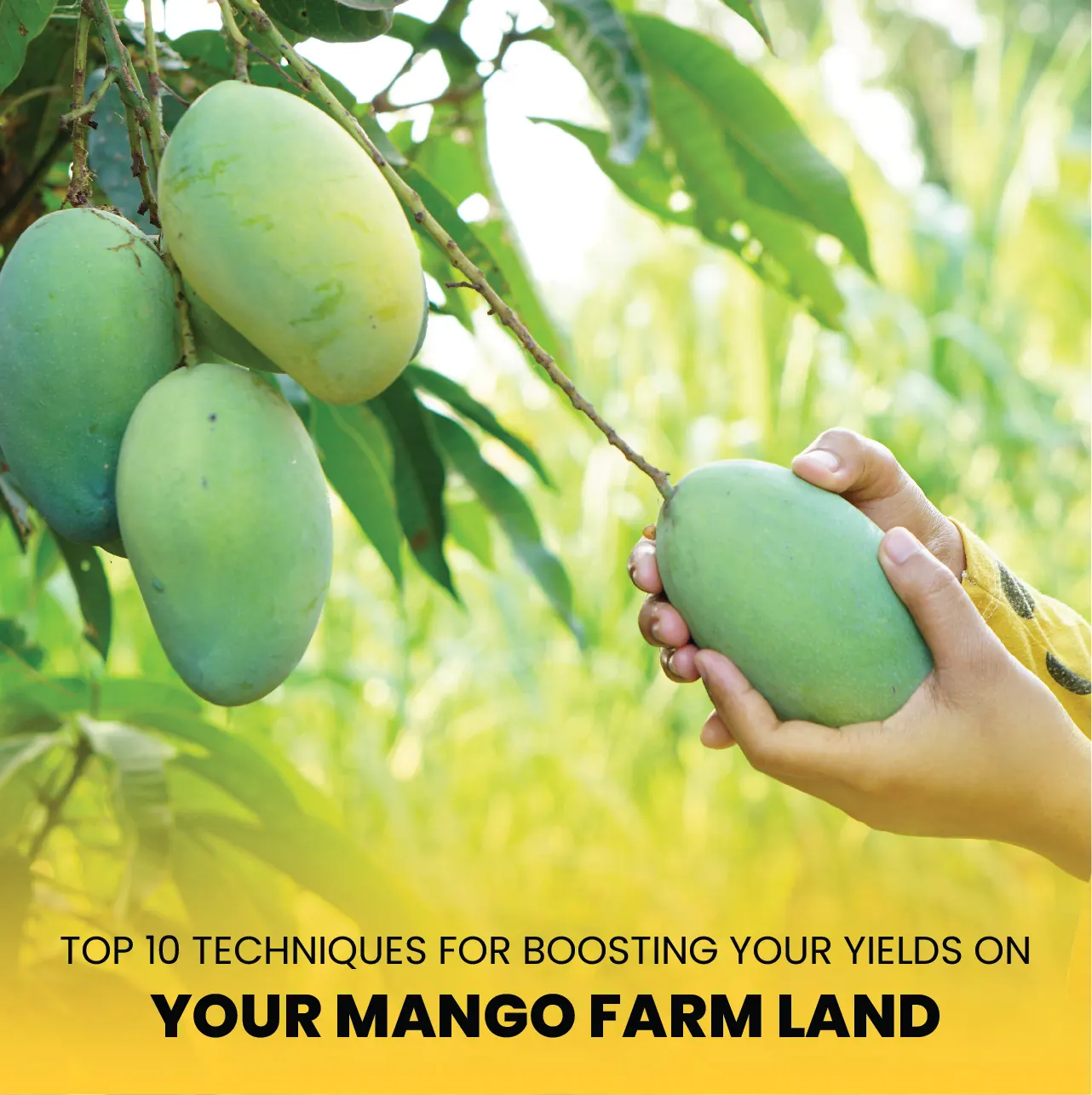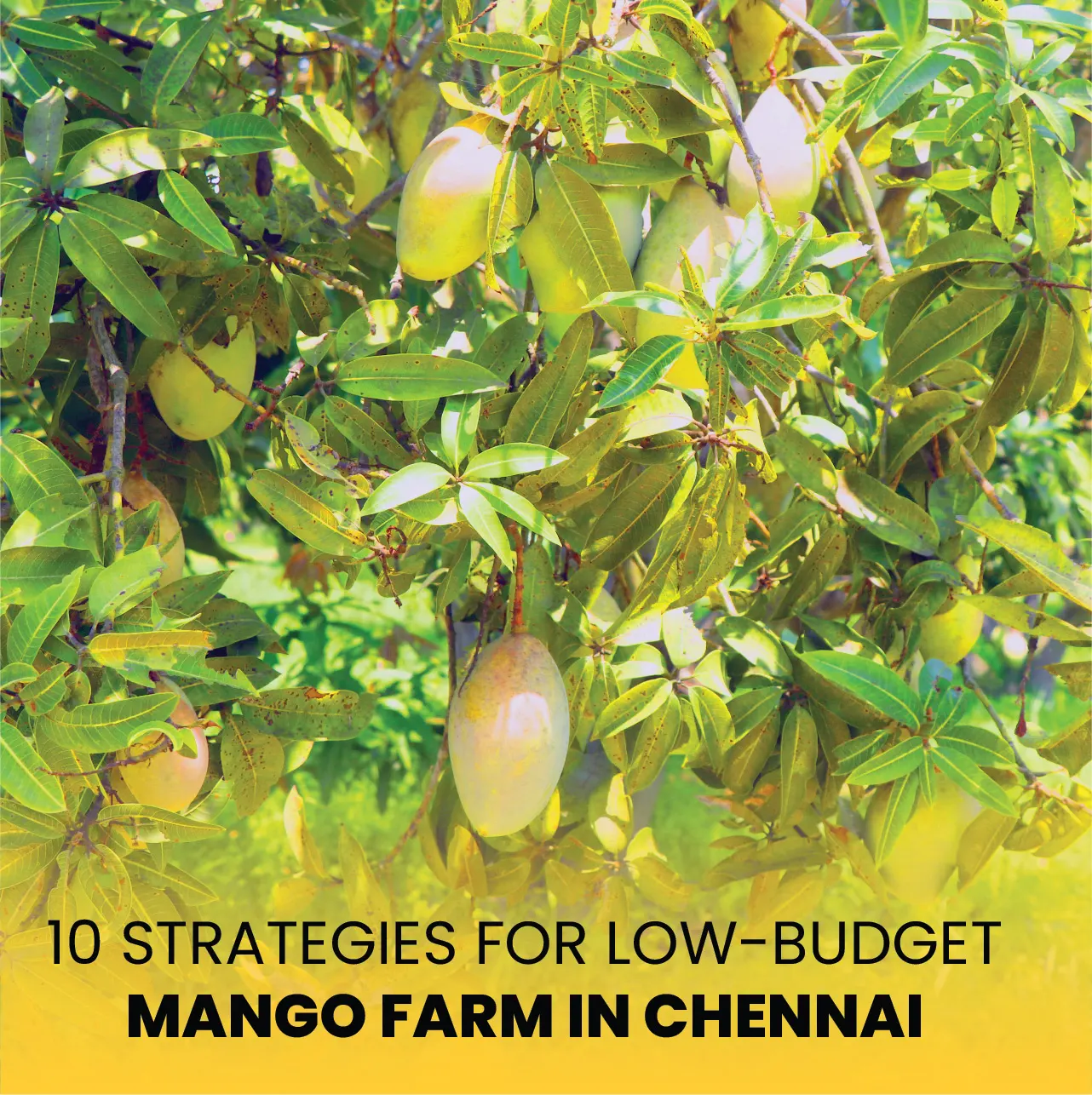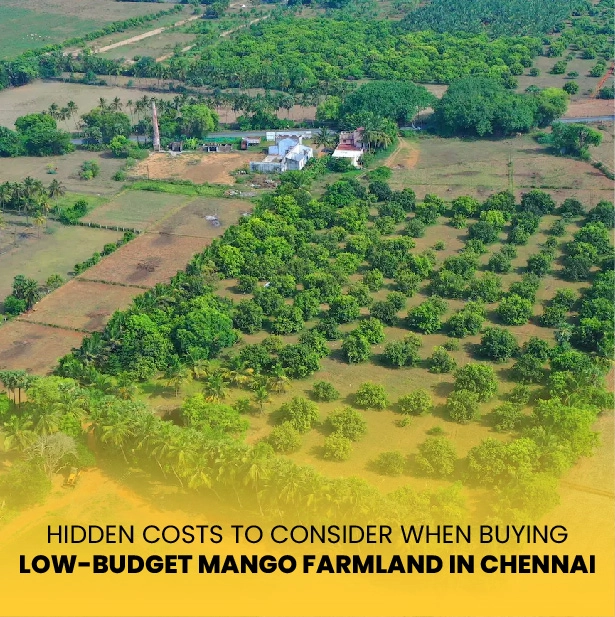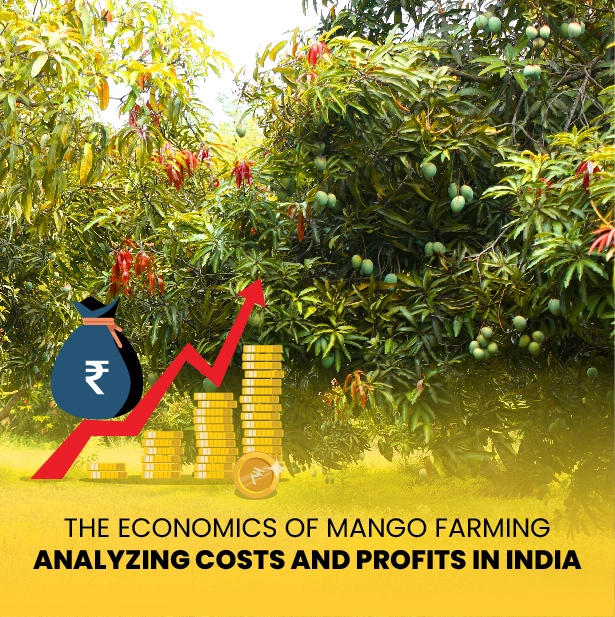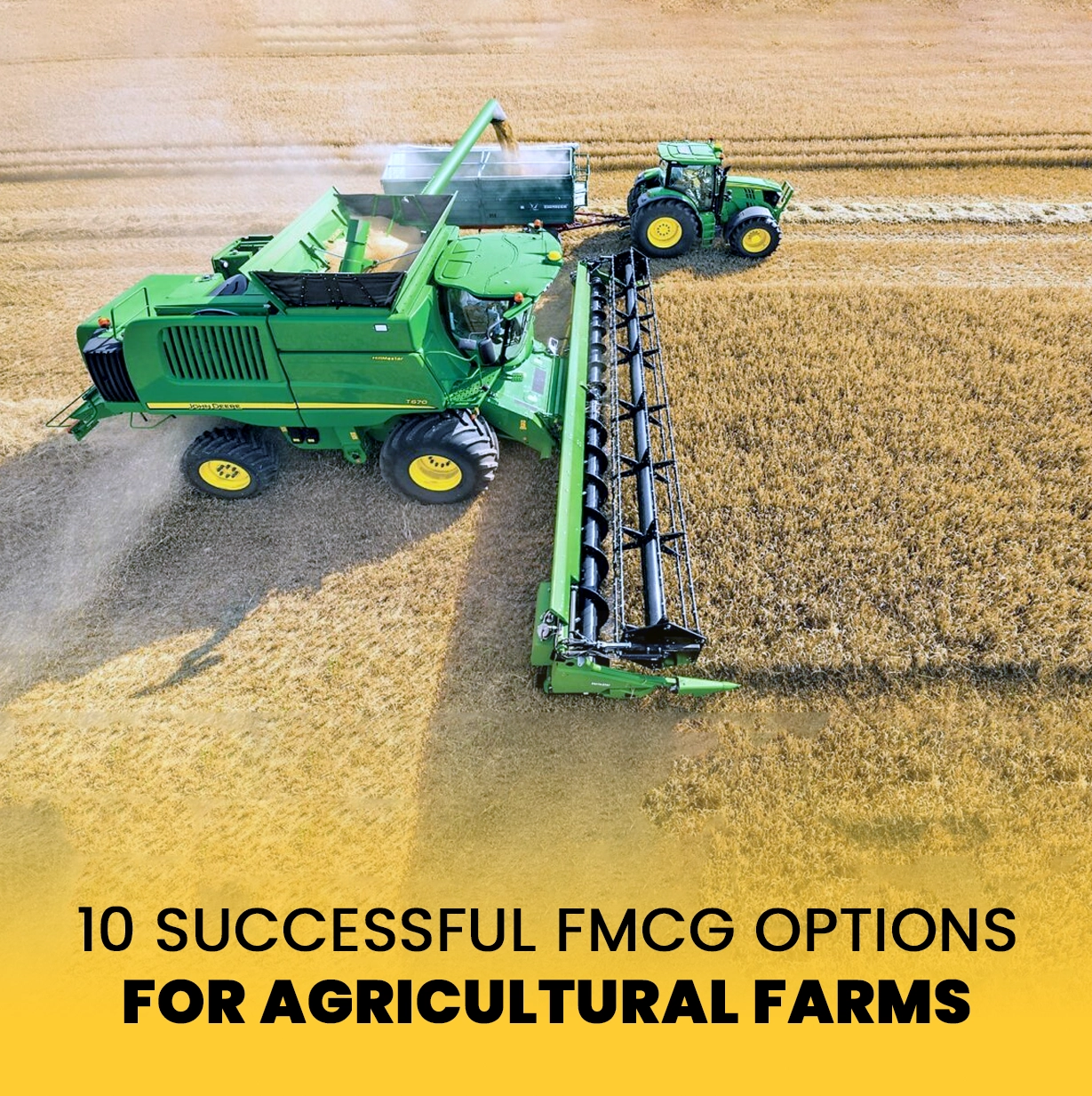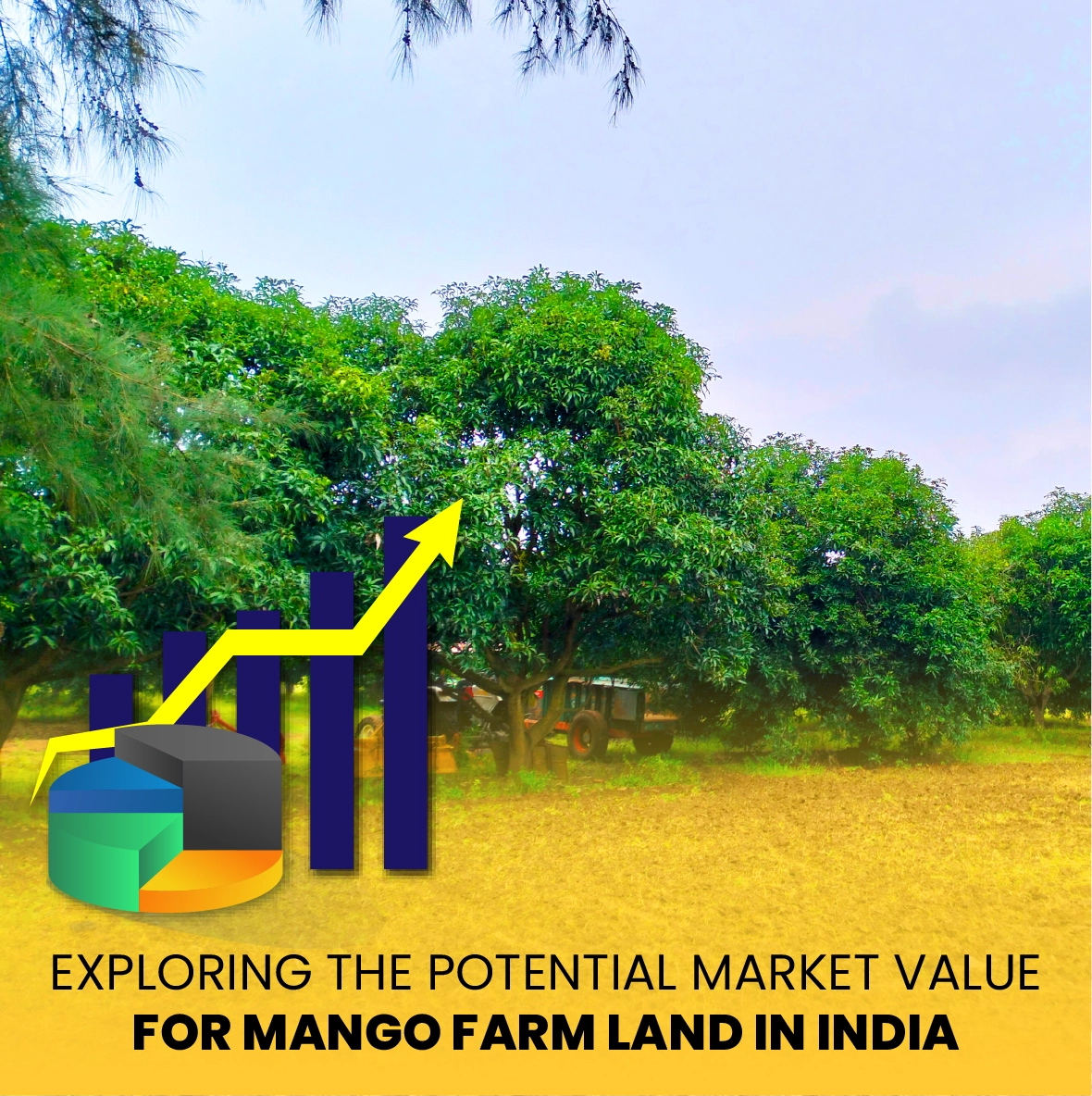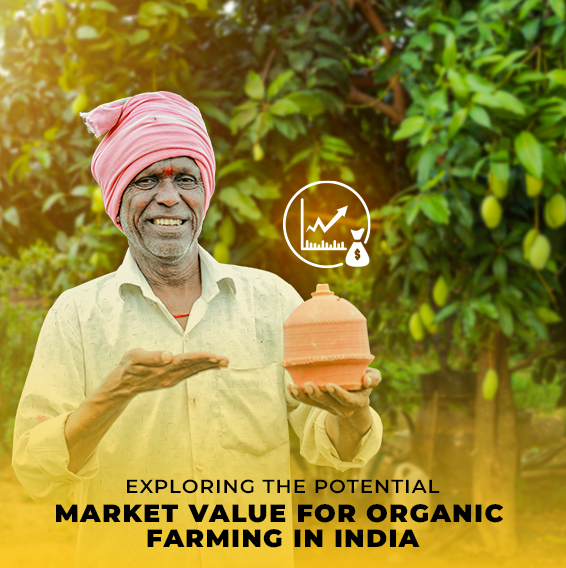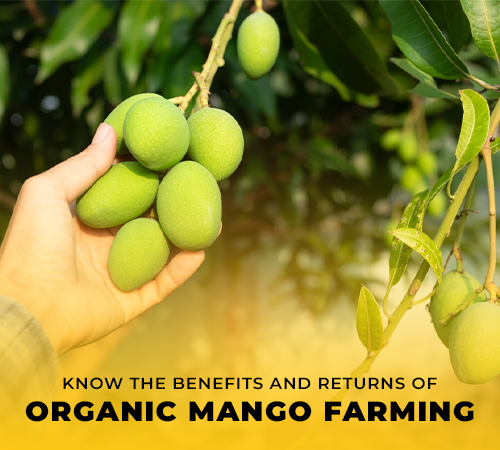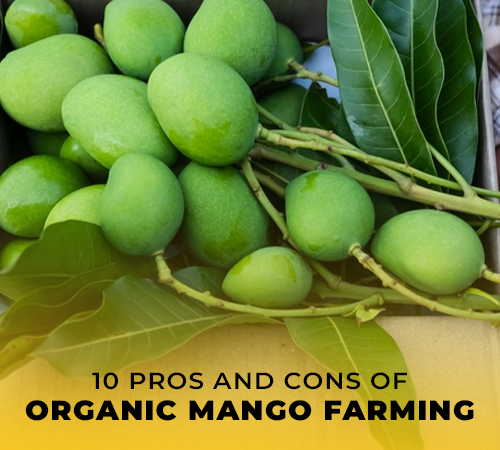Investing in a mango farm near Chennai can be a lucrative venture for agricultural enthusiasts and entrepreneurs alike. The region's favorable climate and soil conditions make it ideal for mango cultivation. However, before diving into such an investment, it's essential to carefully consider various factors to ensure a successful and profitable venture. In this blog, we'll explore the key factors to keep in mind before buying a mango farm land near Chennai.
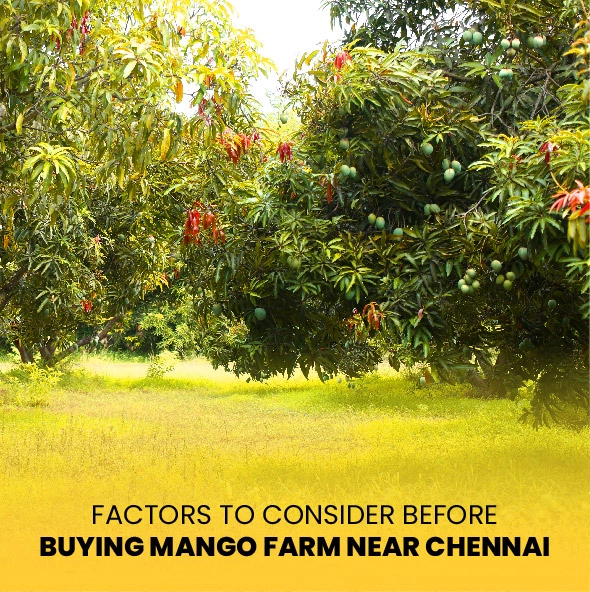
The location of a mango farm near Chennai can significantly influence its success and profitability. Proximity to markets is crucial for efficient distribution of mangoes and access to potential buyers. Farms located closer to Chennai or major transportation hubs benefit from easier transportation of produce, reducing logistical costs and time. Additionally, consider the availability of labor in the vicinity. Access to a reliable workforce for tasks such as planting, pruning, and harvesting is essential for smooth farm operations. Furthermore, assess the accessibility of water sources for irrigation purposes. Farms with access to reliable water sources, whether through borewells, rivers, or reservoirs, can mitigate risks associated with water scarcity, ensuring consistent crop yield throughout the year.
Soil Quality and Topography:The soil quality and topography of the land are fundamental factors to consider before purchasing a Conducting thorough soil tests to analyze pH levels, nutrient content, and drainage capacity is essential. Mangoes thrive in well-drained soils with good fertility, so understanding the soil composition can help determine the suitability of the land for mango cultivation. Moreover, evaluate the topography of the farm to ensure proper water management. Sloping terrain can facilitate natural drainage, preventing waterlogging and root rot, while flat land may require artificial drainage systems. Assessing the soil quality and topography allows prospective buyers to make informed decisions regarding land preparation and cultivation practices, optimizing mango yield and quality.
Climate and Microclimate:Chennai's tropical climate with hot summers and moderate winters provides favorable conditions for mango cultivation. However, considering the microclimate of the specific location within the region is crucial. Factors such as rainfall patterns, temperature fluctuations, and wind exposure can significantly impact mango production. Analyzing historical weather data and consulting local agricultural experts can provide valuable insights into the microclimatic conditions of the area. Additionally, investing in climate-resilient mango varieties and implementing adaptive farming practices can help mitigate risks associated with climate variability, ensuring consistent yield and quality.
Varieties of Mangoes:Selecting the right mango variety is paramount for successful cultivation near Chennai. Different varieties thrive in varying climatic conditions and exhibit distinct characteristics in terms of taste, texture, and shelf life. Conduct market research to identify popular mango varieties with high demand and market value. Additionally, consider the suitability of the chosen variety for the local climate and soil conditions. Varieties such as Alphonso, Banganapalli, Neelam, and Totapuri are well-suited for cultivation near Chennai. Understanding the unique requirements and characteristics of each variety allows farmers to make informed decisions regarding variety selection, maximizing yield and profitability.
Pest and Disease Management:Effective pest and disease management practices are essential for maintaining healthy mango orchards and maximizing yield. Familiarize yourself with common pests and diseases affecting mango trees in the region, such as mango hoppers, fruit flies, and anthracnose. Implementing integrated pest management (IPM) strategies, including cultural, biological, and chemical control measures, can help minimize pest infestations while reducing reliance on chemical pesticides. Regular monitoring of orchards and timely intervention are key to preventing and managing pest and disease outbreaks, ensuring the long-term sustainability of mango farming operations.
Water Availability and Irrigation:Adequate water availability is critical for successful mango cultivation near Chennai, especially during the dry seasons. Assessing the farm's water sources and implementing efficient irrigation systems are essential steps in ensuring a reliable water supply for orchards. Borewells, rivers, and reservoirs are common water sources used for mango irrigation. However, it's essential to monitor water quality and quantity to prevent salinity buildup and water scarcity issues. Investing in drip irrigation or sprinkler systems can help optimize water usage and minimize wastage, promoting sustainable water management practices on the farm. Additionally, mulching and soil moisture conservation techniques can further enhance water retention in the soil, ensuring optimal growing conditions for mango trees throughout the year.
Legal and Regulatory Considerations:Compliance with legal and regulatory requirements is essential when purchasing a mango farm near Chennai. Obtain necessary permits, licenses, and clearances from local authorities and agricultural departments before commencing operations. Familiarize yourself with land tenure laws, property rights, and zoning regulations applicable to agricultural land in the region. Additionally, ensure compliance with environmental regulations and agricultural best practices to minimize legal risks and promote sustainable farming practices. Consulting with legal experts and agricultural advisors can provide valuable guidance on navigating the regulatory landscape and ensuring compliance with applicable laws and regulations.
Infrastructure and Facilities:Assessing the existing infrastructure and facilities on the budget mango farm is crucial for optimizing farm operations and productivity. Evaluate the condition of farm buildings, storage facilities, and packing houses to determine any necessary upgrades or renovations. Adequate infrastructure can streamline tasks such as fruit harvesting, sorting, grading, and packaging, improving efficiency and quality control. Invest in modern farming equipment and technology to enhance productivity and reduce labor costs. Additionally, consider the availability of amenities such as housing for farm workers, access roads, and electricity supply when evaluating the farm's infrastructure needs. Upgrading infrastructure and facilities to meet the requirements of modern mango farming practices can enhance the overall profitability and sustainability of the farm.
Financial Viability and Return on Investment:Conducting a comprehensive financial analysis is essential for assessing the viability of investing in a mango farm near Chennai. Consider factors such as initial investment costs, operational expenses, expected yield, market prices, and potential returns on investment. Calculate the projected revenue and expenses over multiple years to evaluate the long-term profitability of the investment. Account for factors such as inflation, market fluctuations, and unforeseen expenses in your financial projections. Additionally, explore financing options such as bank loans, government subsidies, and grants to fund the purchase and development of the mango farm. Consulting with financial advisors, agricultural economists, and experienced farmers can provide valuable insights and guidance on optimizing financial management and maximizing returns on investment in mango cultivation.
ConclusionInvesting in a mango farm near Chennai presents promising opportunities for agricultural entrepreneurship and sustainable farming practices. By carefully considering factors such as location, soil quality, climate, varieties, pest management, water availability, legal compliance, infrastructure, and financial viability, prospective buyers can make informed decisions and ensure the success of their mango farming venture. Conducting thorough due diligence, seeking professional guidance, and adopting best practices in mango cultivation can mitigate risks and maximize returns on investment in this lucrative agricultural sector. With proper planning and management, owning a mango farm near Chennai can be a rewarding and fulfilling endeavor for farmers and investors alike.
